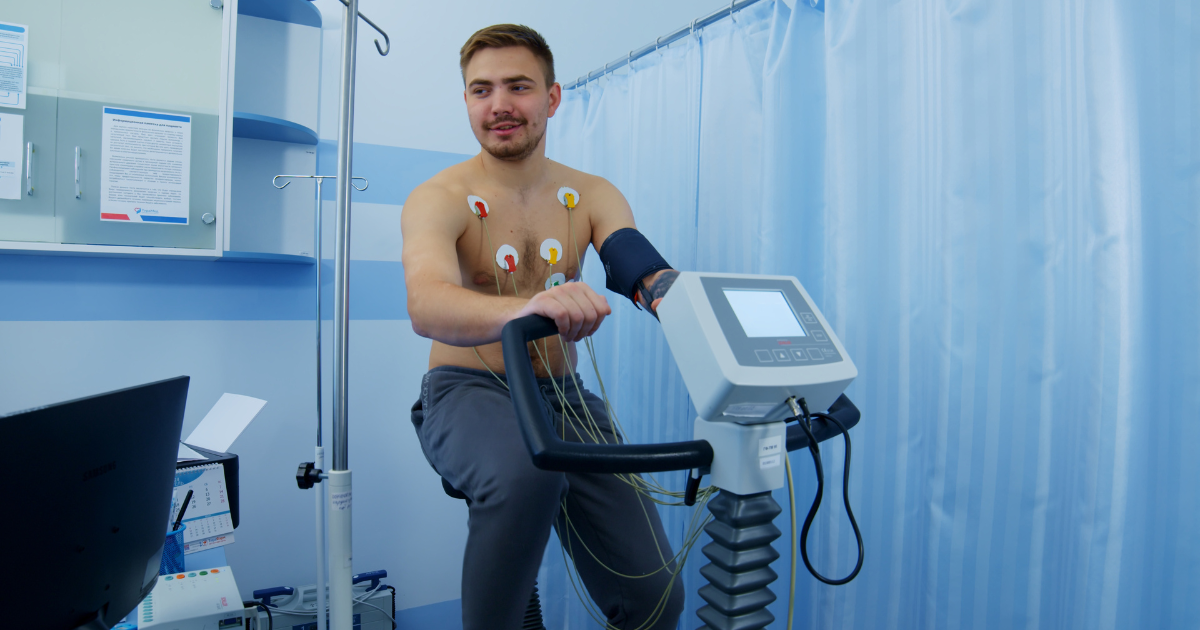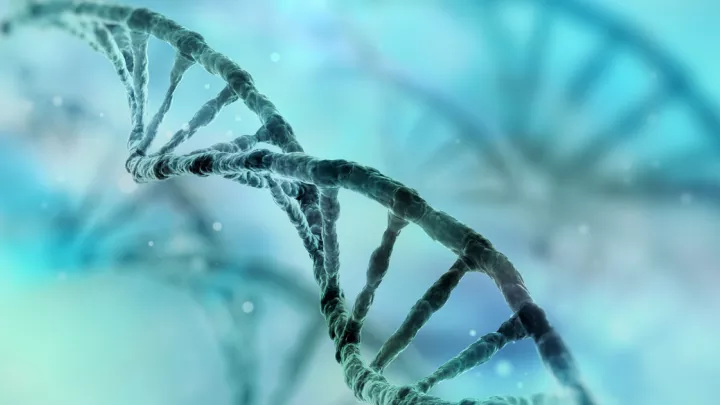Congenital heart disease – the good news about the importance of lifelong care

It was only about 30 years ago when someone with significant congenital heart disease wouldn’t have been expected to live to see their 20s. But thanks to surgical advances, improved recognition and better medical care, there are far more adults living with congenital heart disease than ever before – nearly twice as many adults as children.
“We are now seeing adults with ACHD living well into their 50s and 60s,” says Jonathan Cramer, MD, a Nebraska Medicine cardiologist specializing in the care of children and adults with congenital heart disease. Dr. Cramer leads the Nebraska Medicine and Children’s Nebraska combined Adult Congenital Heart Disease (ACHD) Program, one of the first fully certified ACHD programs in the United States. Now in its eighth year, the program is one of roughly 50 programs nationwide to achieve full accreditation through the Adult Congenital Heart Association (ACHA).
In addition to Dr. Cramer, the medical team consists of three other ACHD cardiologists, including Shane Tsai, MD, a Nebraska Medicine electrophysiologist and chief of adult cardiology, Angela Yetman, MD, ACHD specialist and director of the vascular program and Vincent Gonzalez, MD, pediatric and ACHD cardiologist. Ali Ibrahimiye, MD, Nebraska Medicine cardiothoracic surgeon, leads the surgical side of the ACHD program. In addition, the program has a team of advanced practice providers, nurses and other specialists, all dedicated to ACHD patient care.
What is congenital heart disease?
Congenital heart disease is a defect in the structure of the heart, valves or blood vessels that is present at birth. Depending on the type of defect and its severity, these defects can disrupt the proper flow of blood and oxygen to the lungs, heart and rest of the body. Approximately 1% to 2% of the population is affected by congenital heart disease, making it one of the most common congenital abnormalities each year.
“Although most congenital heart disease problems cannot be cured, nearly all can be repaired and palliated,” says Dr. Cramer. “However, these issues become a chronic medical condition that requires ongoing care and management throughout a person’s life.” These patients are also at risk for developing other common cardiac conditions later in life as well, such as coronary artery disease, arrhythmia and heart failure.
“That’s why it’s so important for us to follow these patients annually throughout their lives so we can monitor them and intervene before they develop additional problems that can become severe and irreversible,” Dr. Cramer explains. “Today, we better understand the disease process and how it may progress in the future. So much of what we do is preventive cardiac care, allowing us to stay ahead of these other potential problems.”
Managing ACHD patients often requires a comprehensive and multidisciplinary approach that may include other specialists such as electrophysiologists, heart failure specialists, heart transplant specialists, anesthesiologists and OB-GYNs, among others.
“As an accredited center, we need to be able to offer all aspects of care,” notes Dr. Cramer. “Our team works in concert with other specialists to offer the most comprehensive care possible. Our patients never need to be sent anywhere else for care. We have all the expertise right here to provide world-class care for our patients.”
Diagnosis of congenital heart disease
With more advanced diagnostic tools, most congenital heart disease patients are diagnosed even before birth. Diagnosis is determined with a fetal echocardiogram, a test that allows doctors to view the structures of a baby’s developing heart. Like an ultrasound, it uses sound waves to help detect heart defects in an unborn baby that may affect the function of the heart. Depending on the results, other tests may be recommended to gather more information about the fetus and/or to confirm the diagnosis. Most congenital heart disease cases not found as fetuses are found in early childhood. Occasionally, however, some forms of CHD can be found first in adulthood.
Common congenital heart disease symptoms
Sometimes, the defect may not be detected until later in life. Common congenital heart disease symptoms in adults include:
- Irregular heartbeats, known as arrhythmias.
- Blue or gray skin, lips and fingernails, caused by low oxygen levels.
- Becoming fatigued very quickly with activity.
- Shortness of breath.
- Edema or swelling due to fluid build-up inside the body.
Congenital heart disease risk factors
Factors that put people at greater risk for congenital heart disease include:
- Family history of genetic heart problems.
- Having another child that was born with a heart defect.
- Having a baby that has a fast, slow or irregular heartbeat.
- Genetic problems found in the fetus.
- Abnormal test results found in other tests.
- Abnormalities detected by a fetal ultrasound.
- Certain health problems during pregnancy, such as lupus, diabetes or phenylketonuria.
- Certain infections during pregnancy, such as German measles or cytomegalovirus.
- Smoking or drinking during pregnancy.
Treatment for ACHD
Depending on the type and severity of the defect, treatment typically involves a combination of pharmacologic therapy and surgical or noninvasive (catheter-based) procedures. A commonly used noninvasive procedure includes heart valve procedures or percutaneous coronary intervention. This procedure is performed with a thin, flexible catheter tubing that is guided through an artery to the affected area to repair a defect. Doctors may open an occlusion, insert a stent, mesh device, replacement valve or other devices.
“Most CHD issues will require surgeries and/or procedures that will need to be performed once or several times throughout a person’s life as the body outgrows the repairs or devices,” notes Dr. Cramer.
A small number of cases, such as atrial septal defect, may only require one procedure or surgery. Atrial septal defect accounts for approximately 5% of congenital heart disease defects. This involves a hole in the wall separating the heart’s two upper chambers. It can often be repaired with a one-time procedure or surgery that seals the hole.
The Nebraska Medicine and Children’s combined ACHD team follows several thousand adults at Nebraska Medical Center in Omaha, Nebraska, and clinics in Kearney, Nebraska, Rapid City, South Dakota, and Sioux City, Iowa. An additional clinic is opening in Des Moines, Iowa, as well. “We follow our patients from birth through adulthood to ensure they receive the best care and quality of life possible,” says Dr. Cramer.
Call 800.922.0000 to schedule an appointment with one of our ACHD specialists for comprehensive lifelong care.







